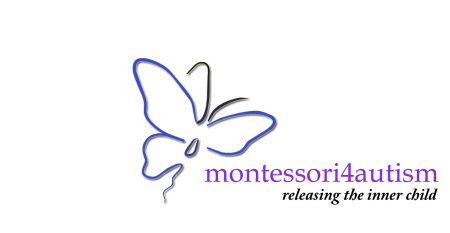Starting from Scratch
Starting from Scratch
For two years after his diagnosis, my son’s intensive therapeutic activities were conducted mainly in the basement of our home, which we converted to a therapy room. First and foremost, he had to regain very basic skills and learn how to learn – that is, to engage in eye-contact, imitate, attend, point, follow simple commands, respond to reinforcers, etc. – all the things that parents of typical children take completely for granted. It was heartbreaking to see how enormously difficult it was for him to follow the simplest of instructions. He reminded me of a helpless puppy trying to learn complex tricks. His initial progress was painfully slow despite intensive interventions, and the gap between David and his typical peers seemed to be unbridgeable and widening by the day. We reminded ourselves that, to get our son moving on a learning trajectory that would eventually enable him to rejoin his peers, we would need to progress beyond ABA dependence and restore his ability to learn effectively on his own.
Generalization Challenge
An important aspect of ABA programming is meticulous documentation of a child’s performance to gauge progress and to ensure competence at a given prerequisite before attempting to build on it. With concerted effort, we observed gradual improvement in my son’s ABA data. However, as is often the case with ASD children, he had a very difficult time generalizing his newly learned skills. For example, he would be able to identify a “chair”, “table”, or “curtain” in the therapy room but would not be able to do the same in the living room.
He would be able to carry out some simple commands, like “touch your nose”, with his therapists, but not with family members. I have heard repeatedly from other parents that their ASD children would show mastery on their ABA programs at school, but would not be able to generalize the skills into other environments – which leaves them dysfunctional! Imagine, that you can tie your shoe laces on one pair of shoes, but not on any other pair. Imagine if you learn to get gas for your car at your local gas station, but you are prevented from traveling beyond your local area because you won’t be able to recognize or use unfamiliar gas stations. This gives you some idea of the counterintuitive limitations and challenges that ASD children face in learning to function in the real world.
Skill generalization is critical for ASD children, but it is frequently given insufficient attention in their school programming. The rule of thumb should be to show mastery of the skill across multiple stimuli, environments, and materials with the same therapist. After that, the same skill should be demonstrated with various instructors, then with peers – first one-on-one and later in peer groups.
This degree of effort directed toward generalization of every single skill is at first so daunting as to seem futile, but if you truly commit to it, the child will gradually learn to generalize and will transition to a whole new stage of learning. I remember carrying a list of my son’s ABA programs with me practically everywhere – in the store, on the playground, in the pool – and using every possible opportunity to practice them in a new context. When he eventually started preschool and kindergarten, we continuously practiced home-learned skills at school, and visa versa. (Note that a Montessori educational model places importance on generalization as a child learns the material in various contexts and environments.)
